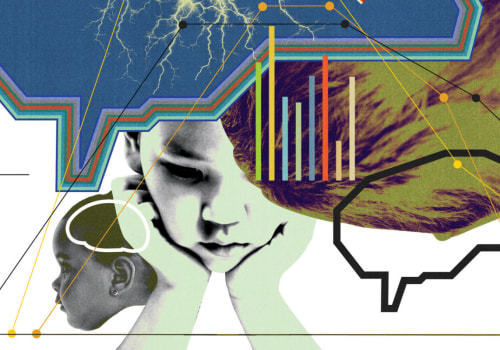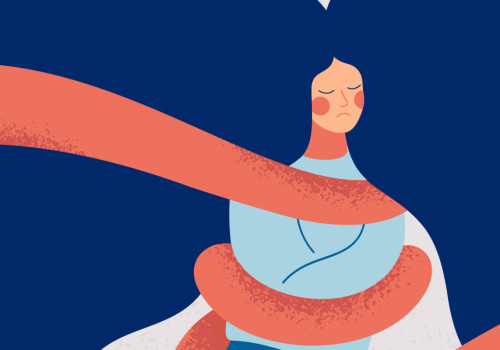Addiction is a complex disease that affects the brain and body. The part of the brain that causes addiction is called the mesolimbic dopamine pathway, or the brain reward circuit. This area is responsible for controlling reward and our ability to learn based on rewards. When addiction takes hold of your brain, it focuses everything on the pleasure cycle.
All addictive drugs, such as alcohol, opioids and cocaine, produce a pleasurable surge of the neurotransmitter dopamine in this region of the brain. As substance use increases, these circuits adapt and reduce your sensitivity to dopamine, leading to a reduction in a substance's ability to produce euphoria or the “high” that occurs when using it. This is known as tolerance and reflects the way in which the brain maintains balance and adapts to a “new normal”: the frequent presence of the substance. However, as a result, users often increase the amount of substance they take in order to reach the level of euphoria they are used to. These same circuits control our ability to enjoy ordinary rewards, such as food, sex and social interaction, and when interrupted by substance use, the rest of life can become less and less pleasant for the user when they are not using the substance. The respiratory system is also affected by addiction.
Both alcohol and drug abuse interfere with this process by depressing or slowing breathing. When breathing slows down, it can cause respiratory failure that deprives the lungs of essential oxygen. A lack of oxygen can cause brain damage or death. Depending on the medication you choose, you're also at risk of suffocation, asphyxiation, cancer, and other lung diseases. The brain regulates temperature, emotions, decision-making, breathing, and coordination.
It also affects physical sensations in the body, cravings, compulsions and habits. Under the influence of a powerful and harmful chemical substance, people who abuse substances such as benzodiazepines or heroin can alter their brain function.






